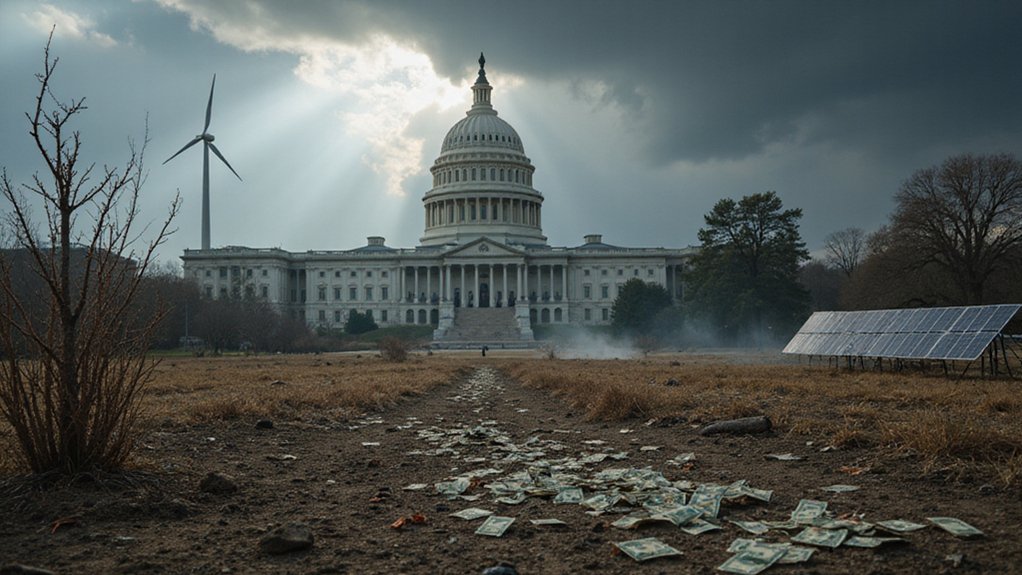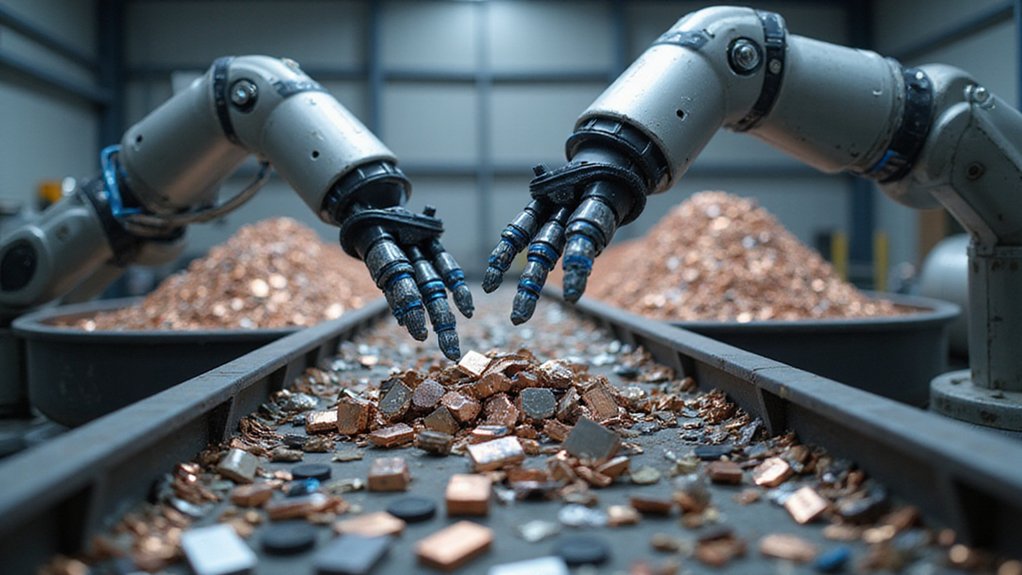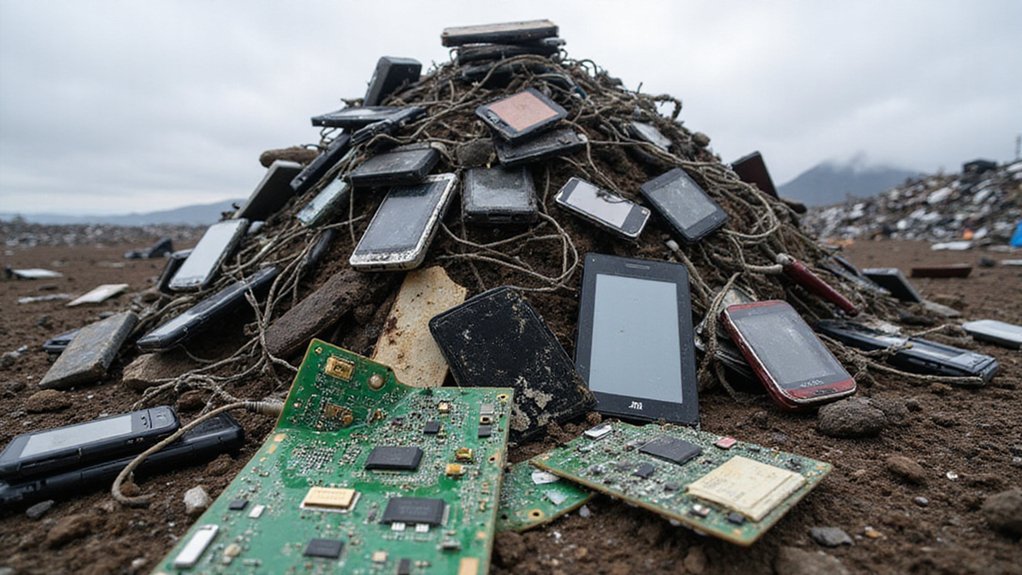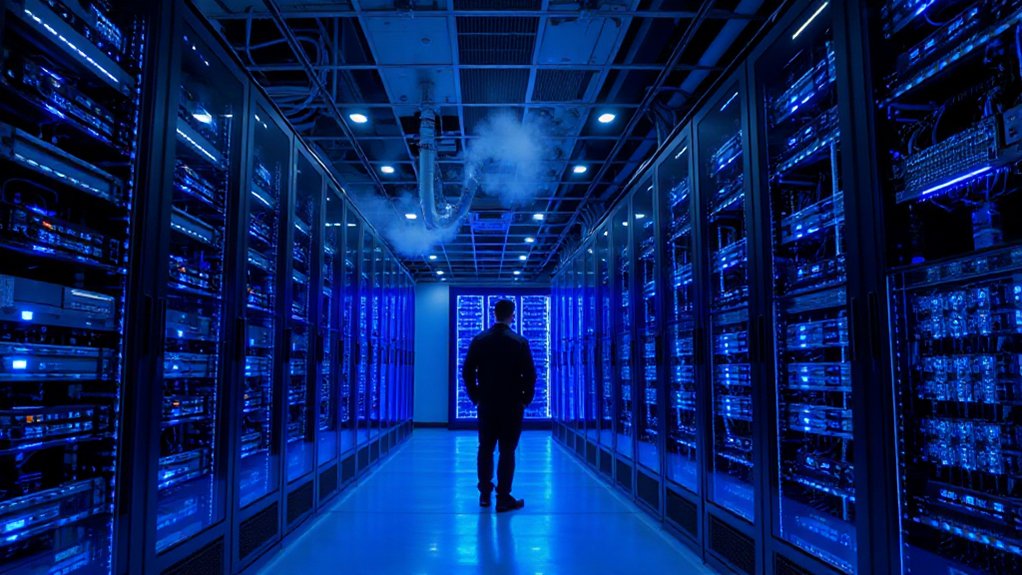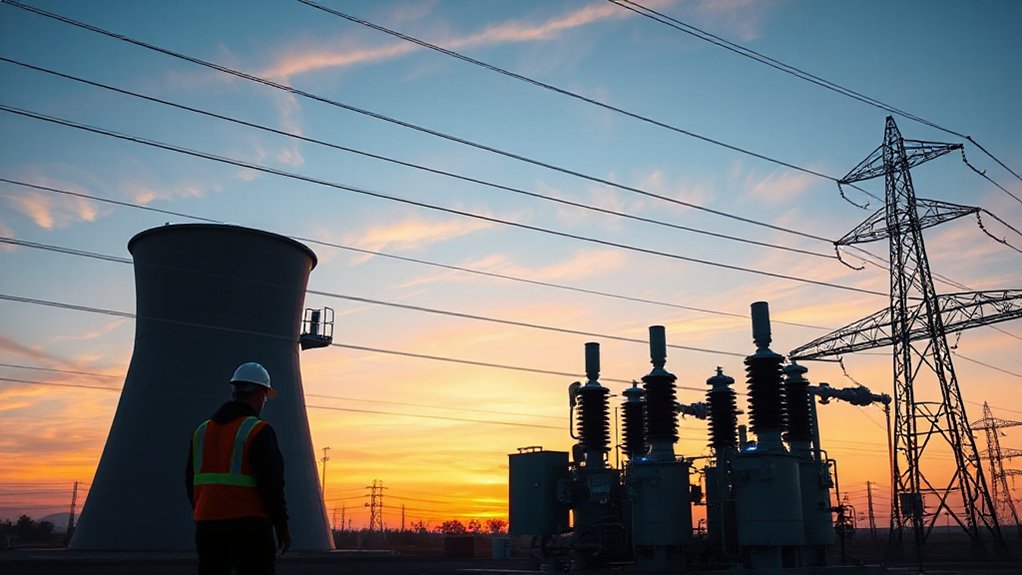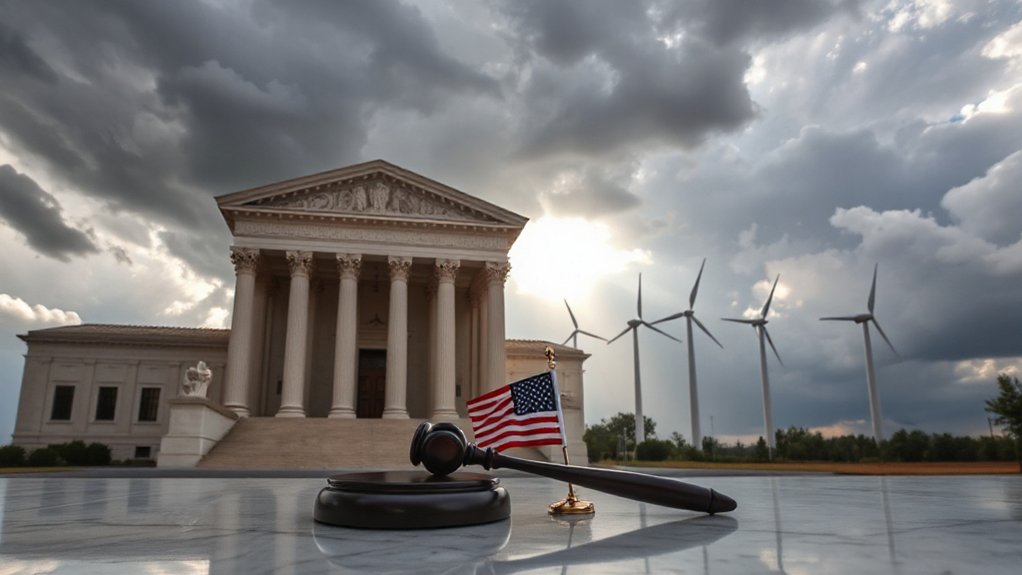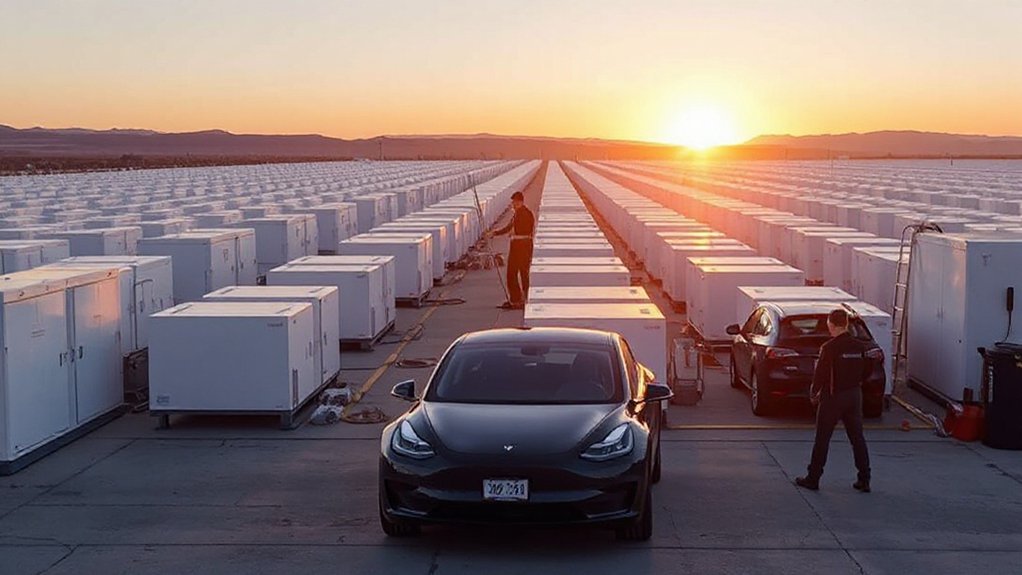Where exactly did the promise of plastic recycling go? That little triangle with a number inside it was supposed to be our environmental salvation. Turns out, it’s more like a fairy tale we’ve been telling ourselves while drowning in a sea of polymers.
The stark reality? Less than 10% of plastic worldwide actually gets recycled. Yeah, you read that right. The other 91% ends up buried in landfills, burned, or floating around in oceans and waterways. Americans are even worse at it—managing a measly 7% recycling rate. So much for saving the planet one yogurt container at a time.
The plastic recycling dream? A colossal flop with 90% of our waste going everywhere except back into circulation.
Most people think they’re environmental champions when they toss that water bottle in the blue bin. Sorry to burst your bubble. Those recycling symbols? Mostly marketing. Many plastics labeled “recyclable” never actually get recycled due to economic or technical barriers. It’s recycling theater, not recycling reality.
The numbers are bleak and getting bleaker. We’re on track to hit 460 million tonnes of plastic waste annually by 2025. Recycled content in new plastic? A pathetic 9.5%. The rest comes straight from fossil fuels, fresh as a daisy and terrible for the planet.
The geography doesn’t help either. Rich countries generate mountains of plastic waste, then ship it off to poorer nations that lack proper infrastructure. Out of sight, out of mind!
Meanwhile, microplastics are showing up everywhere—oceans, mountains, human blood, even breast milk. Super.
Despite decades of feel-good campaigns and corporate promises, forecasts predict recycling rates will remain stuck below 10% through 2040. Over 50% of consumers remain unsure about recycling rules, further complicating any efforts to improve these dismal statistics. The math is simple: plastic production is skyrocketing while recycling capacity crawls along. In the United States, the situation is even more dire with a 5% recycling rate, the lowest among developed nations.
References
- https://www.ifc.org/en/insights-reports/2025/the-run-on-recycled-plastic
- https://thesustainableagency.com/blog/recycling-facts-and-statistics/
- https://wastedirect.co.uk/blog/plastic-waste-statistics/
- https://writersontherange.org/time-to-get-real-about-plastic-recycling/
- https://phys.org/news/2025-04-global-plastic-recycling-stagnant.html

